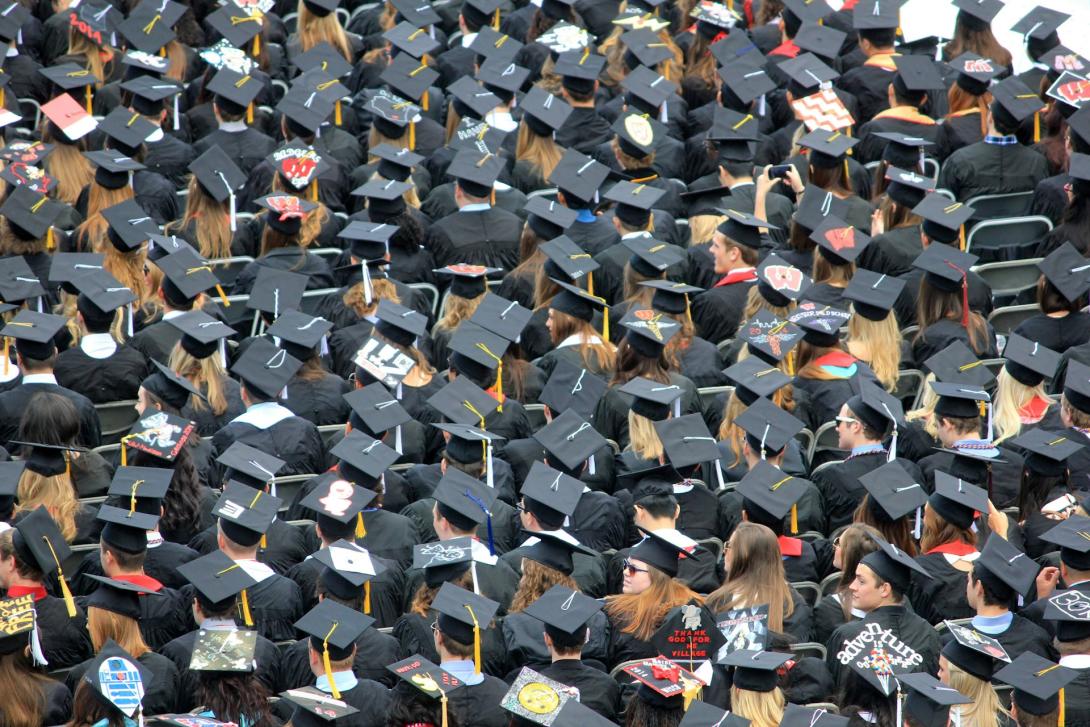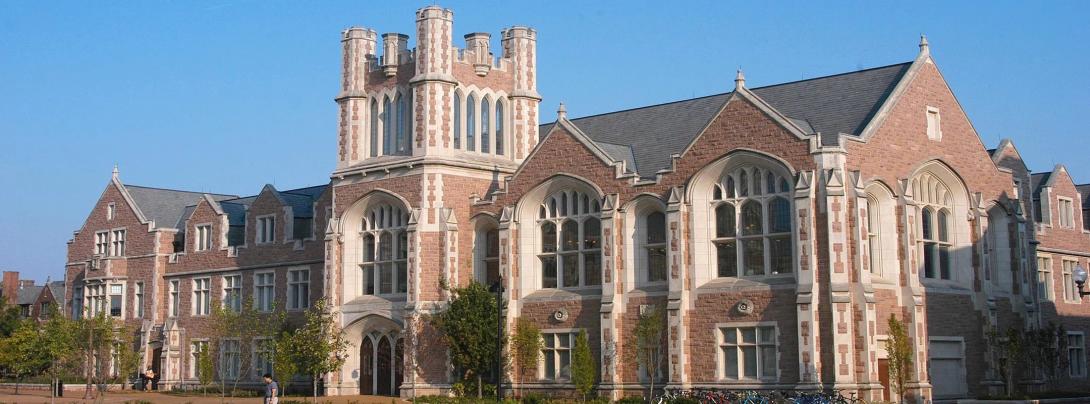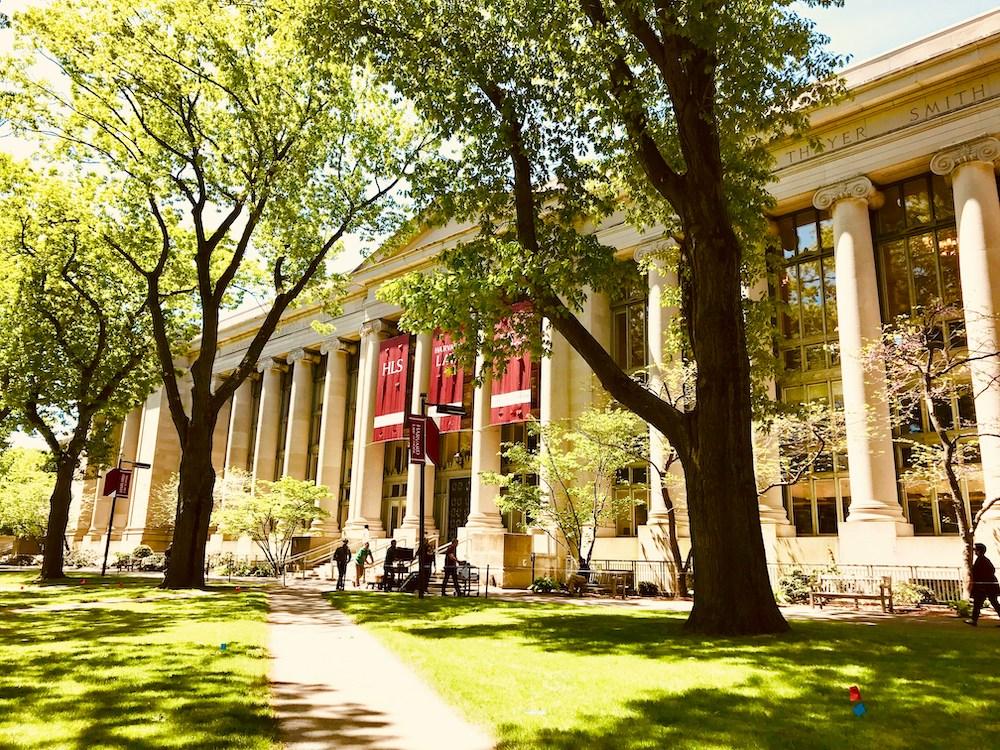The outbreak of COVID-19 has suddenly interrupted the learning of higher education institutions. Higher education institutions are exploring different ways to deliver courses to their students, particularly international students. Online learning, blended learning and face-to-face are chosen as the ways to deliver courses as the change of the outbreak of COVID-19. It is noted that higher education institutions utilize their global networks to deliver courses to their international students.
International higher education is facing challenges for the outbreak of the COVID-19. One of the big challenges is study mobility. International students leave the host country for the closure of campuses. New and current international students cannot or will not return campuses as travel restrictions and concerns of health. As the outbreak will not be controlled in a short time, higher education institutions start to look for ways to deliver courses to their international students. Online learning, blended learning and face-to-face learning are adopted by higher education institutions at different phases of the outbreak of COVID-19. Higher education institutions also innovatively utilize their global networks to provide education to their international students during the outbreak of COVID-19.
Online Learning
Online Learning is becoming the only choice of higher education institutions to deliver courses as the closure of the campuses, although many higher education institutions are not well prepared for online learning as the sudden outbreak of the COVID-19. Information technology provides tools for higher education institutions to continue their education in a distance way. However, there are many challenges for online learning. Firstly, higher education institutions, faculty and students are not prepared for online learning as the sudden outbreak of the COVID-19. Secondly, online learning increases educational inequalities as
students from poorer families suffer lack of device and/or quality internet. Thirdly, online learning lacks interaction between faculty and students and among students, although online interaction is encouraged. Fourthly, online learning cannot provide practical opportunities. Laboratory and practice are compulsory component of some programs, although this challenge may be overcome as the development of technology in future, such as augmented reality and virtual reality technologies.
Blended Learning
Blended learning is becoming one of the options when campuses reopen. Blended learning may reduce the density of population on campus, which is helpful for the prevention and control of the outbreak of COVID-19. International students who stay in the host country may continue their study online and on campus. Blended learning makes face-to-face learning possible, which overcomes the disadvantages of online learning.
Face-to-face Learning
Face-to-face learning is the most traditional way to deliver courses. After the chaos at the beginning of the outbreak of COVID-19, campuses start to reopen. International students who stay in the host country may have face-to-face learning given they and the faculty can return campus. In the meantime, online learning and blended learning are still useful as some international students and faculty cannot return campuses for travel restrictions.
Internalization for Education
Despite the reopen of campuses, some international students, particularly new international students, cannot or will not return campuses for travel restrictions or healthy concerns. Recently, it is noted that internationalization of higher education is becoming a model of education for international students to overcome the challenges of the outbreak of COVID-19. High education institutions innovatively utilize their global networks to provide education to their international students, who do not return campuses. Higher education institutions host their international students at their overseas campuses/hubs or partners’ campuses. For example, New York University developed the "Go Local" plan in response to travel restrictions caused by the COVID-19 pandemic. Students from its three portal campuses in New York, Abu Dhabi, and Shanghai, may apply to study at one of the campuses that is open and closer to their homes. Shanghai Campus hosts about 2,300 Chinese undergraduates and 800 graduate students from New York Campus and Abu Dhabi Campus. Even some higher education institutions do not have overseas hubs/campuses, they partner with overseas universities to host their international students. For example, Cornell University developed “Study Away” scheme, international students who do not return campus can live and study at a local campus in their country or region while taking a mix of online and face-to-face classes. Cornell University provided sixteen locations across Africa, Asia, Europe and South America for its international students.
This innovative model that host international students at their overseas hubs/campuses or partners’ campuses provides full support to international students and makes face-to-face learning possible given there are enough faculty. Further, it provides opportunities for face-to-face interaction among students. However, this model is still facing challenges. In addition to the shortage of facilities, there may be not enough faculty due to the huge increase of international students at overseas hubs/campuses and partners’ campuses. The students may still need to take online learning from the home campus. And international students, particularly new international students, cannot immerse the culture of the home campus as they still stay at their home countries. Thus, it could be a work around for the current situation.
Internationalization of Higher Education
Due to the sudden outbreak of COVID-19, international high education is facing challenges. The core of the challenge is to deliver quality education to international students. As the change of the situation, higher education institutions have adopted different ways to deliver courses, while there are still many challenges for these models. Higher education institutions that have integrated internationalization innovatively utilize their global networks to provide education to their international students. These are good examples how internationalization of higher education tackles the challenges of international higher education caused by the outbreak of COVID-19. Are the challenges of international higher education because of internationalization or being not internationalized enough?




